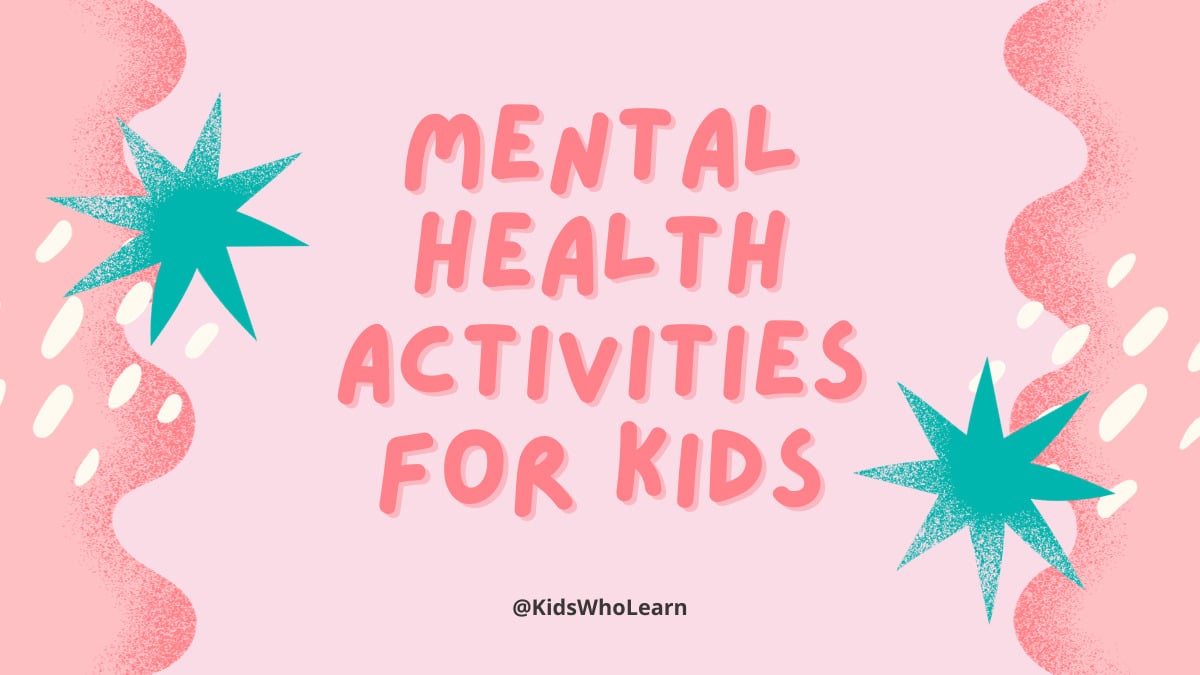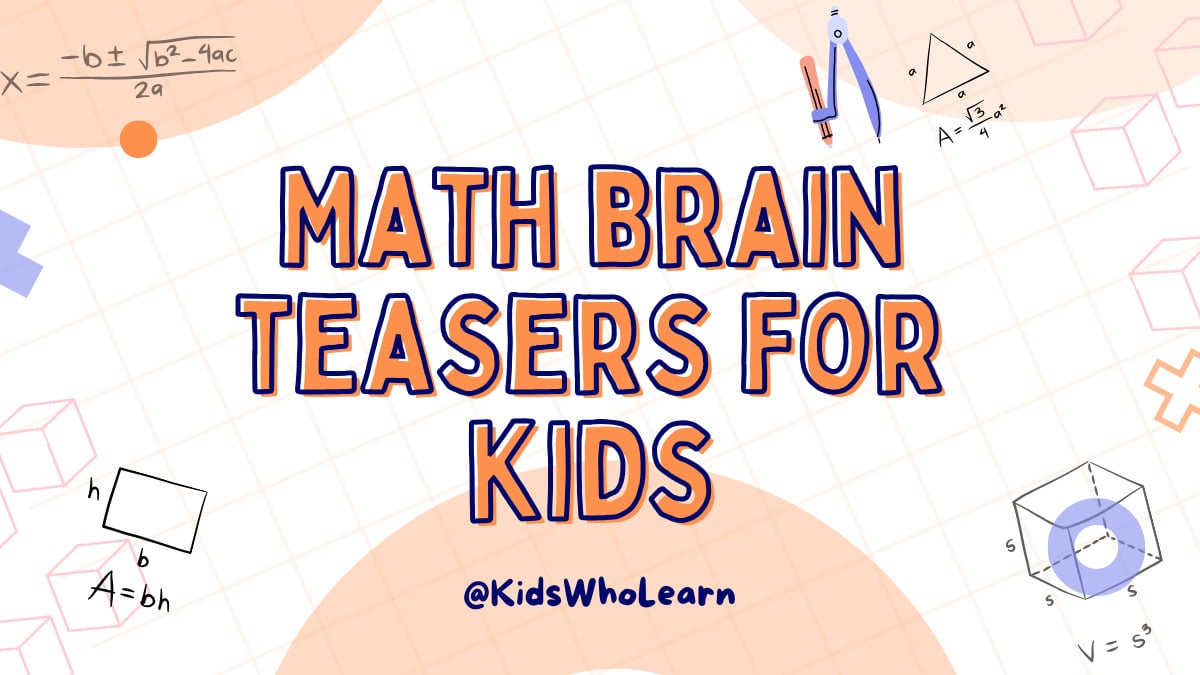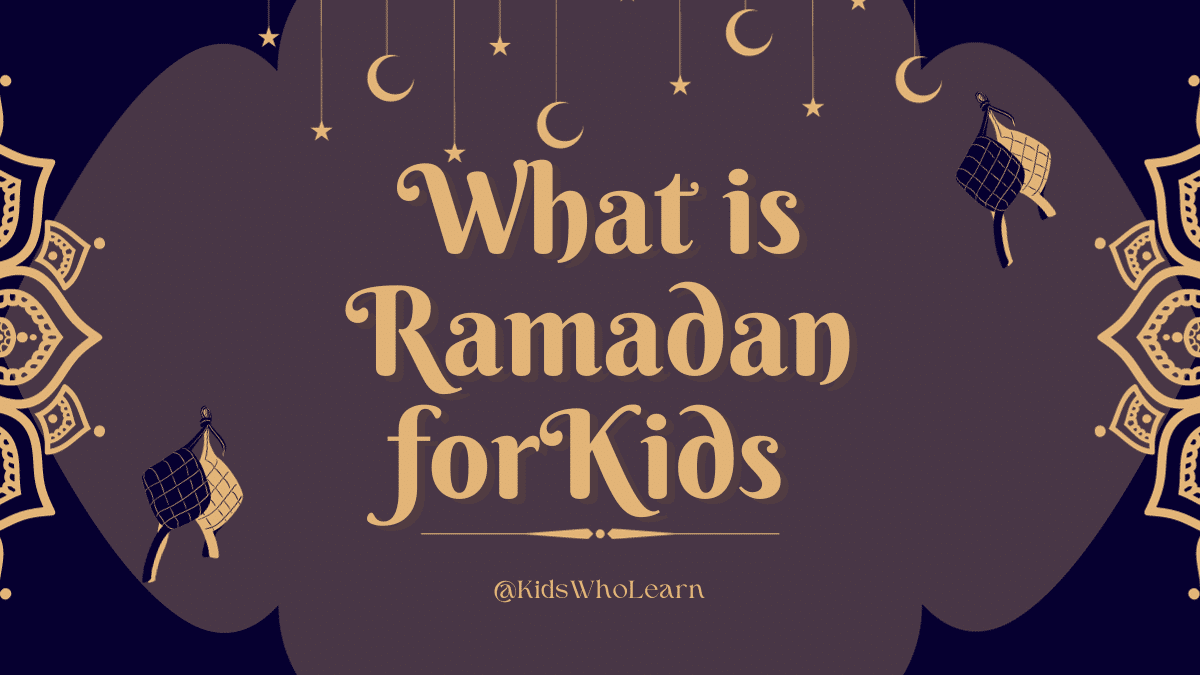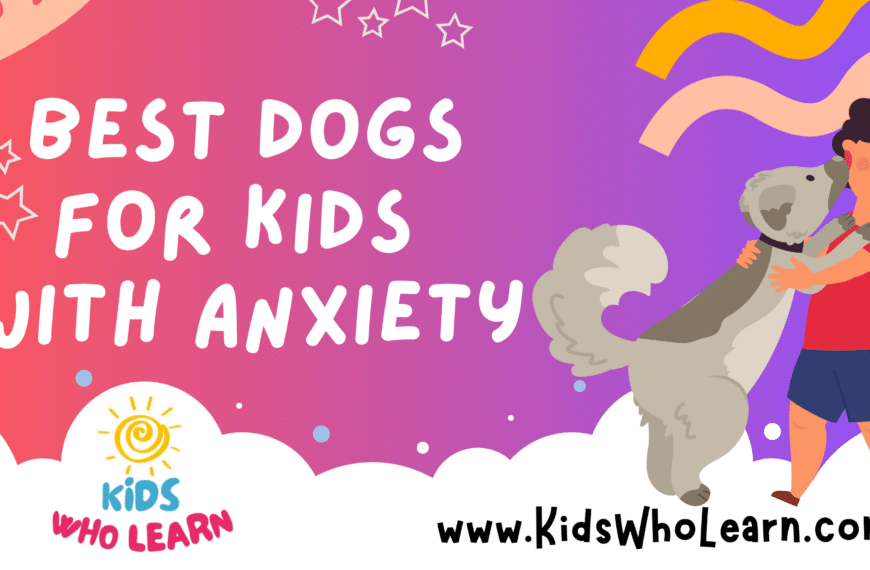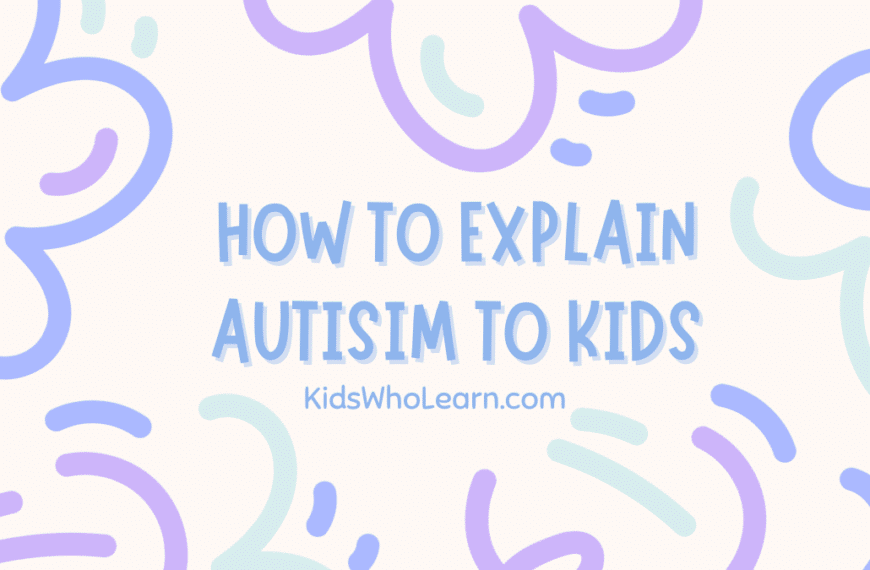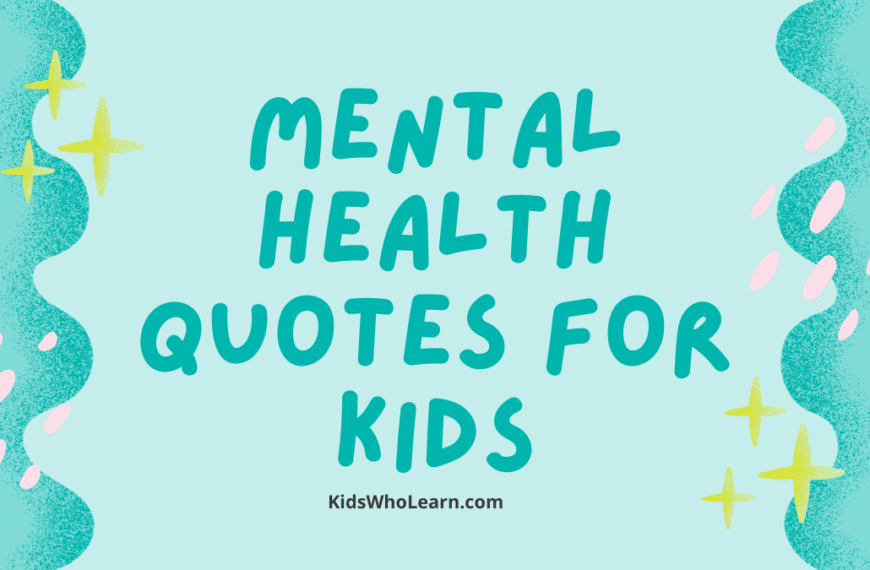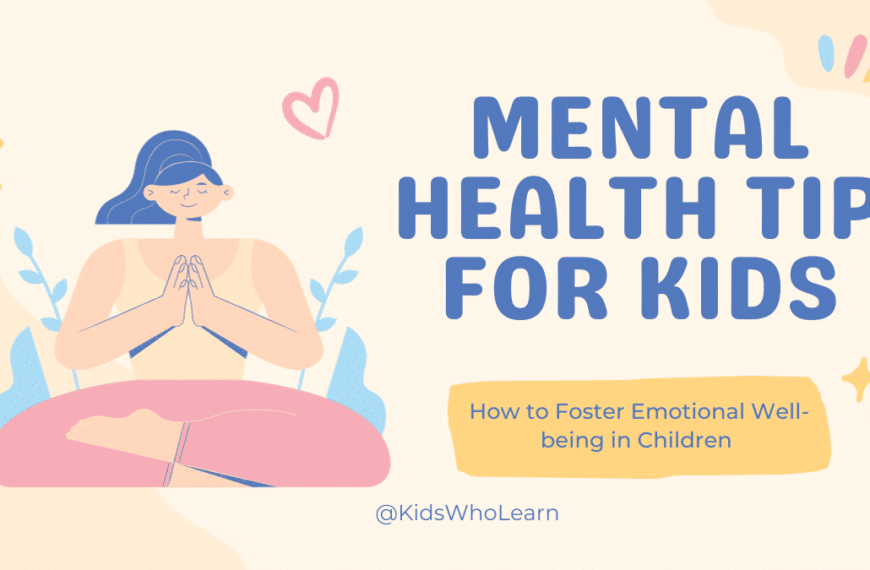Do your kids struggle with anxiety or stress? Are you looking for ways to help them manage their mental health? Engaging in mental health activities can be a great way for kids to learn coping skills and build resilience.
One activity that can be helpful for kids is mindfulness meditation. This practice involves focusing on the present moment and can help reduce stress and anxiety. There are many resources available online, such as guided meditations and apps, that can make it easy for kids to get started.
Another activity that can help boost mental health is exercise. Physical activity has been shown to release endorphins, which can improve mood and reduce stress. Encouraging your kids to participate in sports or activities they enjoy can be a great way to keep them active and promote mental wellness.
Understanding Mental Health
Mental health is an important part of overall health. It refers to our emotional, psychological, and social well-being. It affects how we think, feel, and act, and it helps determine how we handle stress, relate to others, and make choices.
Just like physical health, mental health can be impacted by a variety of factors, such as genetics, environment, and life experiences. It is important to understand that mental health is not just about the absence of mental illness. Everyone has mental health, and it can be improved and maintained with proper care and attention.
There are many things you can do to take care of your mental health. Some of these include:
- Getting enough sleep
- Eating a healthy diet
- Exercising regularly
- Practicing relaxation techniques, such as deep breathing or meditation
- Spending time with friends and family
- Engaging in activities you enjoy
- Seeking professional help if needed
Remember, taking care of your mental health is just as important as taking care of your physical health. By understanding and prioritizing your mental health, you can live a happier and healthier life.
Importance of Mental Health Activities for Kids
As a parent or caregiver, you want your child to be healthy and happy. But did you know that mental health is just as important as physical health? In fact, mental health is essential to overall well-being. That’s why it’s important to encourage your child to participate in mental health activities.
Mental health activities can help your child develop important skills, such as coping with stress, managing emotions, and building self-esteem. These skills can help your child navigate life’s challenges and build resilience.
Participating in mental health activities can also help your child develop a positive attitude toward mental health. By making mental health a normal part of everyday life, you can help reduce the stigma that surrounds mental health issues.
So what are some mental health activities that you can do with your child? Here are a few ideas:
- Mindfulness exercises, such as deep breathing or meditation
- Creative activities, such as drawing or writing
- Physical activities, such as yoga or dance
- Social activities, such as spending time with friends or family
Remember, mental health is just as important as physical health. Encouraging your child to participate in mental health activities can help them develop important skills and build resilience.
Types of Mental Health Activities
There are many different types of mental health activities that can help children cope with stress, anxiety, and other emotional challenges. Here are some examples of activities that can be helpful:
Art and Craft Activities
Art and craft activities are a great way for children to express themselves and process their emotions. Here are some ideas for art and craft activities that can promote good mental health:
- Drawing or coloring pictures that represent their emotions
- Creating a collage of things that make them happy
- Making a gratitude jar and writing down things they are thankful for
- Creating a worry box and drawing or writing their worries down to put in the box
Physical Activities
Physical activities are not only good for physical health, but also for mental health. Exercise can help boost mood, reduce stress, and improve overall well-being. Here are some ideas for physical activities that can promote good mental health:
- Going for a walk or bike ride
- Playing a sport or game with friends
- Doing yoga or stretching exercises
- Dancing to their favorite music
Mindfulness Activities
Mindfulness activities can help children learn to be present in the moment and reduce anxiety. Here are some ideas for mindfulness activities that can promote good mental health:
- Practicing deep breathing exercises
- Doing a body scan meditation
- Listening to calming music or nature sounds
- Practicing gratitude by writing down things they are thankful for
By incorporating these types of mental health activities into your child’s routine, you can help them develop coping skills and promote overall well-being.
Implementing Mental Health Activities at Home
Mental health is an important aspect of overall well-being, and it’s never too early to start promoting healthy habits. As a parent or caregiver, you can help your child develop good mental health habits by implementing simple activities at home.
Creating a Safe Space
Creating a safe space for your child is essential for their mental health. A safe space is a place where your child feels comfortable and secure. Here are some tips to help you create a safe space at home:
- Choose a quiet and comfortable area where your child can relax and feel safe
- Fill the space with items that your child likes, such as stuffed animals, blankets, or books
- Encourage your child to decorate the space with their own artwork or pictures
- Make sure the space is free from distractions, such as noise or electronics
Incorporating Routine
Routine is an important component of good mental health. Establishing a routine can help your child feel more in control and reduce anxiety. Here are some tips to help you incorporate routine into your child’s day:
- Create a daily schedule with specific times for meals, playtime, and bedtime
- Stick to the schedule as much as possible to establish a routine
- Encourage your child to participate in activities that they enjoy, such as reading or playing outside
- Limit screen time and encourage physical activity
By implementing these simple activities, you can help your child develop good mental health habits and promote overall well-being.
Implementing Mental Health Activities at School
As a teacher or counselor, you play a crucial role in promoting mental health among children. By implementing mental health activities at school, you can help students develop coping skills, build resilience, and improve their overall well-being. Here are some ideas to get you started:
Classroom Activities
Incorporating mental health activities into your classroom routine can help students learn about emotions, develop social skills, and reduce stress. Here are some examples of activities you can try:
- Mindfulness exercises: Encourage students to take a few minutes each day to focus on their breath and be present in the moment. You can guide them through breathing exercises or use a mindfulness app.
- Gratitude journaling: Start each day by having students write down something they are grateful for. This can help them develop a positive outlook and improve their mood.
- Emotion check-ins: Have students share how they are feeling each day and discuss ways to manage difficult emotions.
- Role-playing: Use scenarios to help students practice social skills such as communication, problem-solving, and empathy.
- Art therapy: Provide art supplies and encourage students to express their emotions through drawing, painting, or other forms of art.
Counseling Sessions
For students who need additional support, counseling sessions can be a valuable resource. Here are some ways to make counseling sessions more effective:
- Build rapport: Take time to get to know your students and build a trusting relationship. This can help them feel more comfortable opening up to you.
- Use evidence-based techniques: Cognitive-behavioral therapy (CBT), mindfulness-based stress reduction (MBSR), and other evidence-based techniques can be effective in treating mental health issues.
- Involve parents: Keep parents informed about their child’s progress and involve them in the counseling process when appropriate.
- Provide follow-up support: After counseling sessions, provide students with resources and support to continue working on their mental health.
By implementing mental health activities at school, you can help students develop the skills they need to thrive both in and out of the classroom.
Benefits of Mental Health Activities for Kids
Mental health activities for kids have numerous benefits that can help them develop emotional intelligence and manage stress. Here are two main benefits of mental health activities for kids:
Improved Emotional Intelligence
Emotional intelligence is the ability to understand and manage your emotions effectively. Mental health activities for kids can help develop emotional intelligence by encouraging them to identify and express their emotions, as well as providing them with tools to manage their emotions in a healthy way.
Mental health activities such as journaling, art therapy, and mindfulness exercises can help kids recognize and understand their emotions. When kids are able to identify their emotions, they can learn how to manage them better. For example, if a child is feeling angry or frustrated, they can use deep breathing exercises or meditation to calm down.
Stress Management
Stress is a common experience for kids, and it can have negative effects on their mental and physical health. Mental health activities for kids can help them manage stress by providing them with coping mechanisms and stress-reducing techniques.
Activities such as yoga, meditation, and breathing exercises can help kids relax and reduce stress. These activities can also improve kids’ overall well-being by promoting relaxation, reducing anxiety, and improving sleep.
In addition, mental health activities can help kids build resilience, which is the ability to bounce back from difficult situations. When kids learn how to manage stress effectively, they are better equipped to handle challenges in the future.
Overall, mental health activities for kids can have a positive impact on their emotional well-being and help them develop important life skills.
Potential Challenges and Solutions
Resistance from Kids
When it comes to mental health activities for kids, one of the biggest challenges you might face is resistance from the children themselves. Some kids might be hesitant to participate in activities that they perceive as boring or uninteresting. To overcome this challenge, it’s important to make the activities fun and engaging. Here are some tips:
- Incorporate games and other interactive elements into the activities
- Allow kids to choose the activities they want to participate in
- Use positive reinforcement to encourage participation and effort
Lack of Resources
Another potential challenge you might face is a lack of resources. Mental health activities often require materials and equipment, and it can be difficult to provide these resources on a limited budget. Here are some solutions:
- Look for low-cost or free resources online
- Partner with local organizations or businesses to secure donations or sponsorships
- Get creative with the resources you have – for example, you can use household items like pillows or blankets in relaxation exercises
By being proactive and creative, you can overcome these challenges and create a positive and engaging environment for kids to learn about and practice mental health.

